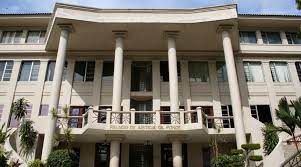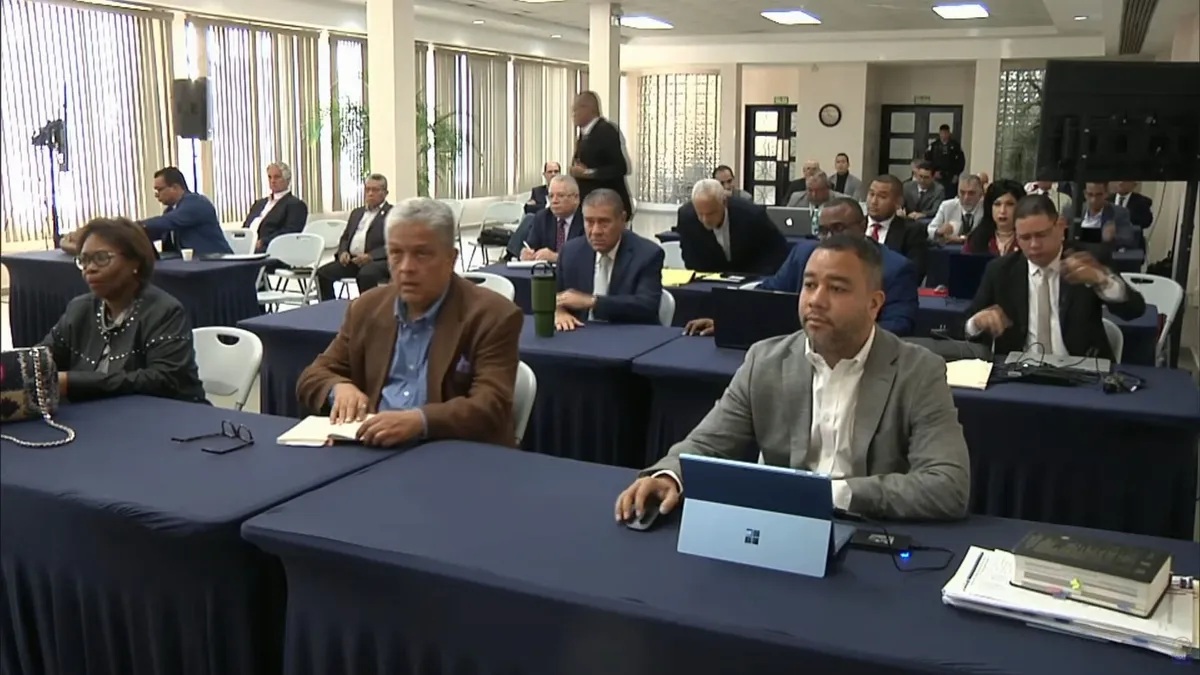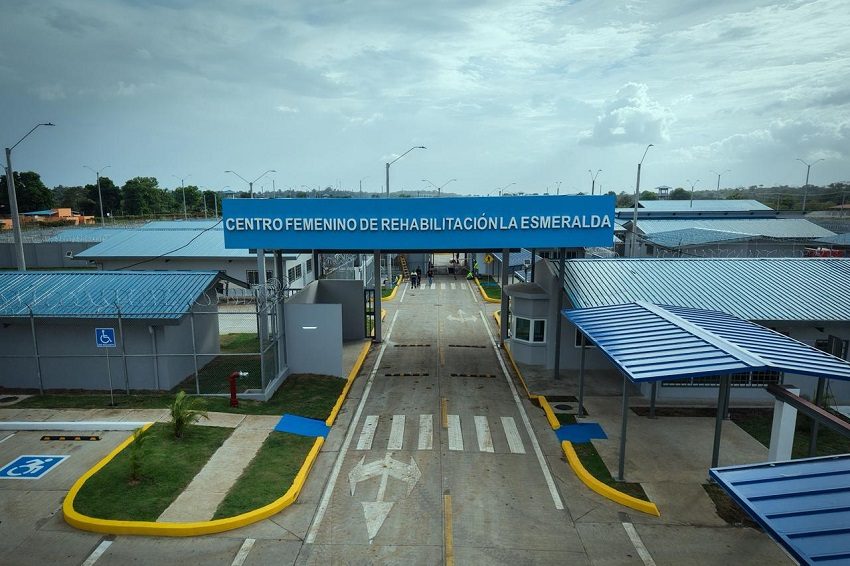OPINION: Justice delayed is not justice

Justice is one of the pillars of the welfare of society, and of the competitiveness of its economy. In the case of the Panamanian, there are important barriers that the judicial apparatus must overcome, to be in tune with the times and expectations of the citizens. Apart from the obvious and thorny issue of corruption, there is a very heavy burden that marks the mark of justice on Panamanian society: its slowness. In 2013, some residents of Punta Paitilla requested the annulment of an environmental resolution that authorized the construction of two towers of 40 floors each. With a delay of six years, the Third Chamber of the Supreme Court found that residents upset with the towers were right. The buildings are already built and close to being occupied. The actual effect of the sentence is totally unfair. There are banks, insurance companies, subcontractors, and even clients, who may have acquired presale properties, which would be affected by a demolition. Why the delay? Panamanian courts see tens of thousands of cases that exceed their capacity, which transfers the cost of damages from judicial default to citizens. The saying goes well: “late justice is not justice.” That is what happens with a large number of courts and tribunals, which are not able to produce results on time, to protect the rights of people living in this nation. LA PRENSA, July 27





